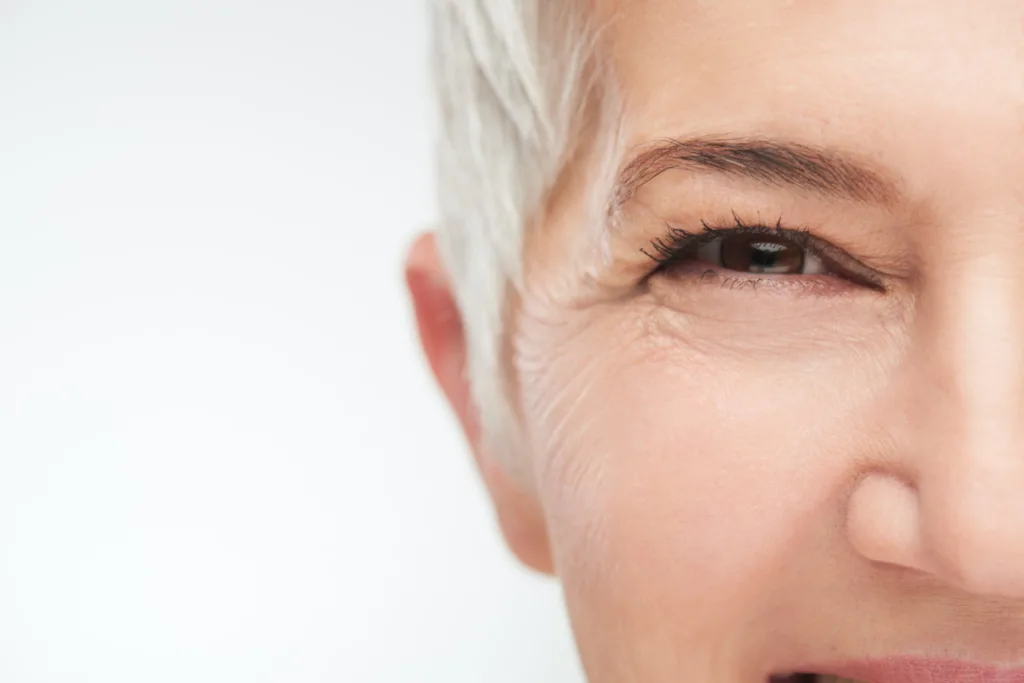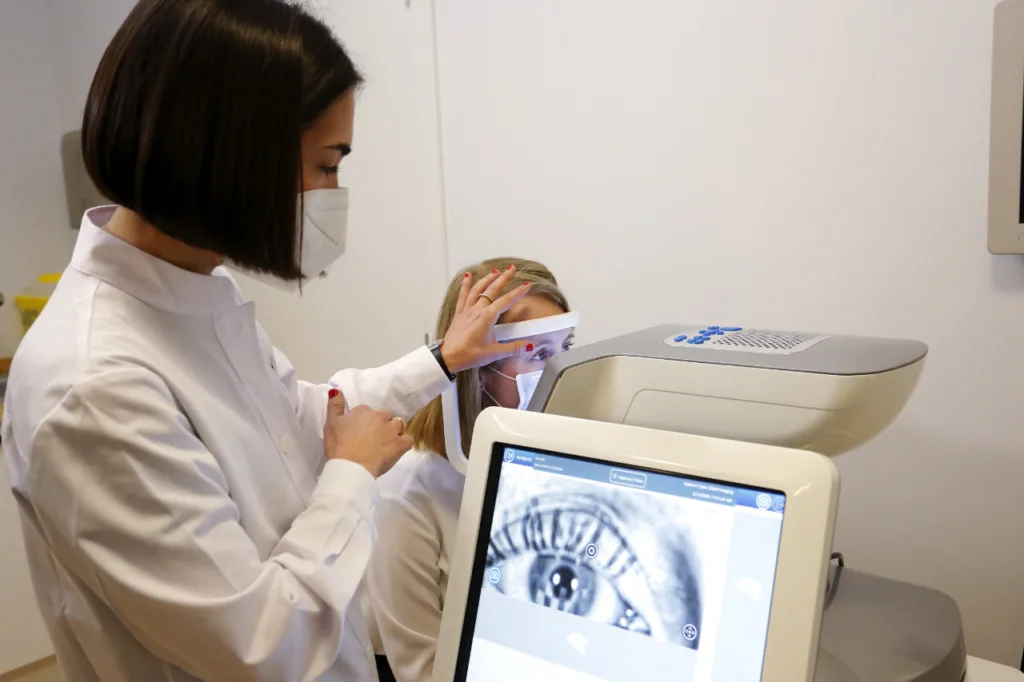
The eye, one of the organs most affected by menopause
Menopause is a hormonal state that involves important changes for women. These hormonal changes affect the female body and organs. One of the most commonly affected organs and where the most significant changes occur are the eyes.
As Dr. Daniel González, a specialist at Miranza Ophthalteam, explains: “From the age of 50 or 55, women may experience certain hormonal changes that greatly influence different parts of their eyes, especially the quality of their tears, since the secretion of the lacrimal glands is greatly affected by the different hormonal factors.”
During menopause, the hormonal protection we had in the previous stage is lost, and a period begins in which dryness is much more evident and bothersome, adds Dra. Esther Rivera, a specialist at Miranza IOA.
Dry eye and hormonal changes
For her part, ophthalmologist Elena Monzó, a specialist in Oculoplastics and the tear ducts at Miranza Ophthalteam, explains that “during menopause, all hormones decline and the mucous membranes, which until then were normally hydrated, dry up. The eye is just another mucous membrane that is exposed for 12 hours a day, which means that dry eye increases exponentially.”
Thus, Dr Daniel González recommends “a detailed assessment of the quality of the tear film and the secretion of these glands to see if they need more specific treatment.” In order to help women during this process of hormonal changes that will affect their quality of life, especially those suffering from dry eye, at Miranza we have a Dry Eye Area, made up of a team of dedicated optometrists and ophthalmologists. They are supported by cutting-edge technology to provide these women with an accurate diagnosis and specialised treatments for their condition.

The importance of eye examinations
Dr Elena Monzó reminds us that it is not necessary for menopause to be already established in order to carry out a perimenopausal check-up (the previous stage in which hormonal changes start to appear). During this transition period, it is important to monitor the first symptoms in order to work on a preventive strategy to mitigate sudden changes after the age of 50 and the eye discomfort they cause for women who suffer from them.